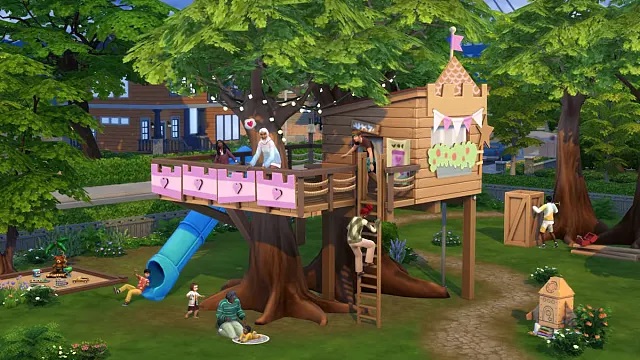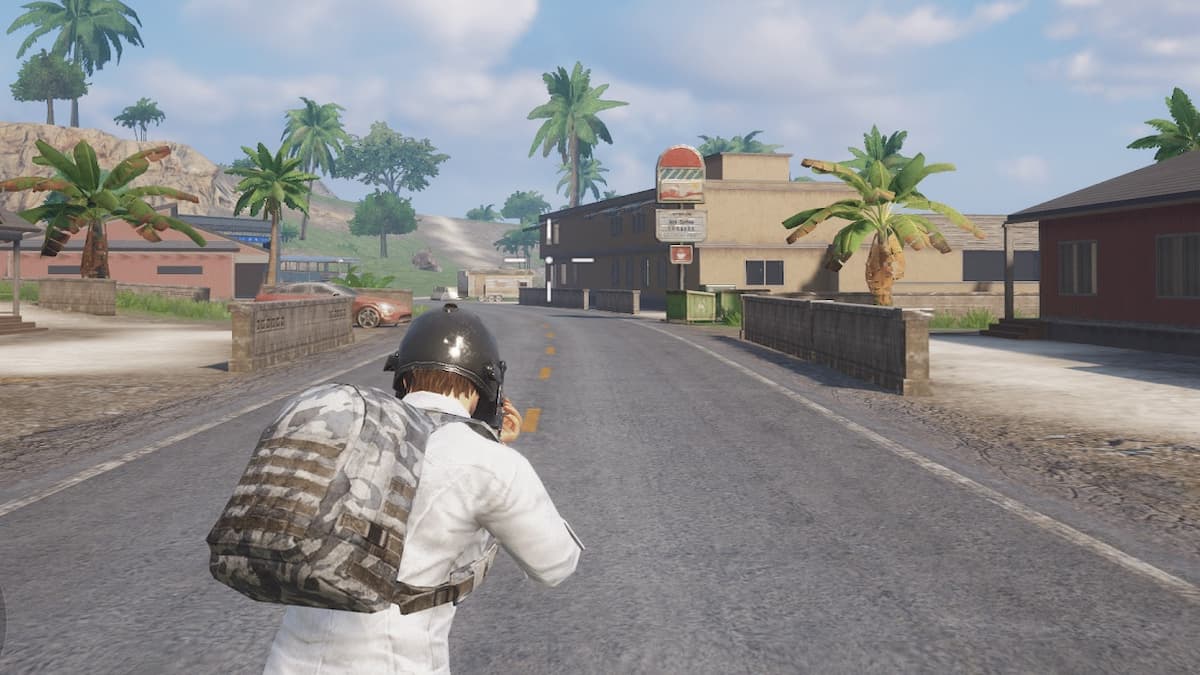The Sims 4 Family Dynamics system is one of the new changes introduced in the Growing Together expansion. The DLC is focused on elevating family interactions and making each stage of a Sim’s life cycle feel more complete and unique. You’re here because you’re wondering how the system works. We’re here to explain it so you can get the most out of it.
Family Dynamics in The Sims 4 Explained
Family Dynamics in The Sims 4 make the different relationships between family members feel distinct and special. These dynamics can be rewarded through gameplay or when creating a family in Create-a-Sim (CAS).
In the CAS screen, you’ll find the edit relationships button for “Household Relationships.” Family Dynamics are listed in a drop-down menu underneath the family relationship.
This is where you can permanently set the dynamics each Sim has with your currently-selected Sim. There are seven different dynamics you can choose from.
Family Dynamics dictate the autonomous actions your Sim takes with household members. For example, if your Sim has a Jokesters dynamic with their child, an autonomous action could be to tell jokes to the child.
How to Get Family Dynamics
Family Dynamics can be earned through gameplay based on how your Sim continuously interacts with others. The pie menu will also change based on the chosen dynamic, such as including more of one thing over the other, or having new interactions.
How to Remove Family Dynamics
These will stay even if a Sim moves out of the house, such as when a newly aged-up adult moves out on their own. Family Dynamics can be removed with the Dynamics Remover Potion, which is available in the Rewards Store.
 Image via EA
Image via EA
List of All Family Dymanics in The Sims 4
- Jokesters: Sims joke with each other more often. They’ll also gain Playful moodlets just for being in each other’s presence.
- Distant: Sims interact less frequently and typically use Small Talk.
- Supportive: Older Sims provide affection and compliments to younger Sims more often, while younger Sims are more comfortable sharing their struggles.
- Difficult: Sims are more likely to complain and use mean interactions with each other.
- Close: Sims have a powerful, tight-knit relationship and share Deep Thoughts more often.
- Permissive: Younger Sims tend to be more demanding, while older Sims let these interactions slide without consequence.
- Strict: Younger Sims greatly respect older Sims but may become stressed in their presence. Older Sims will also act demanding toward younger Sims.
That is how Family Dynamics work in The Sims 4 Growing Together. For more guides and tips articles, check out our guides page for The Sims 4, where we also explain how to do Tummy Time and how to make Science Babies.
Featured image via EA.







Published: Mar 17, 2023 01:12 pm